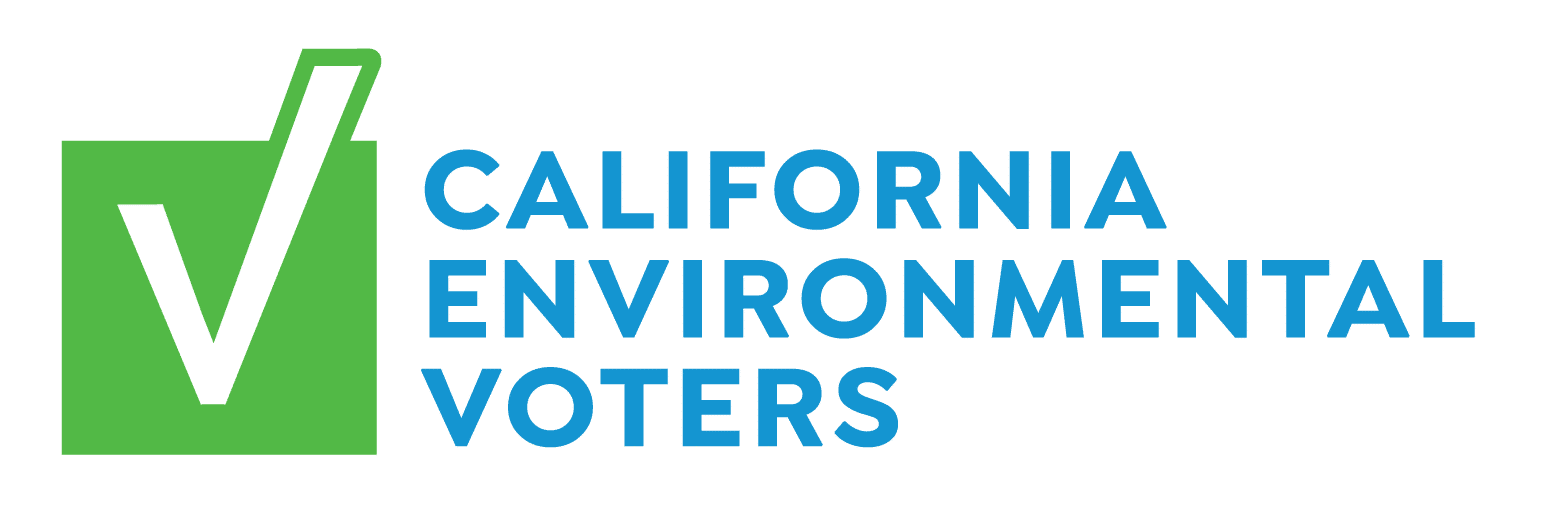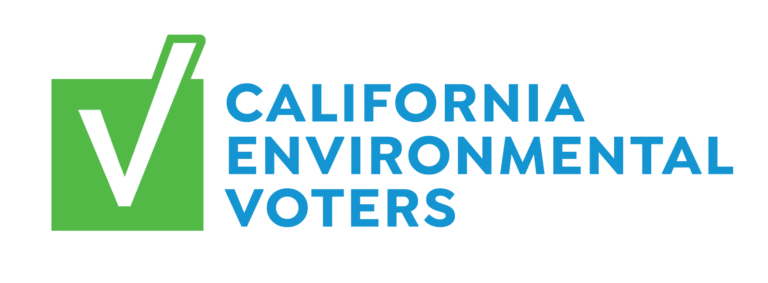
Once again, the Food and Drug Administration has failed to protect America’s families from a ubiquitous toxic chemical.
One day ahead of a court-imposed deadline of March 31, the FDA finally responded to a petition by the Natural Resources Defense Council asking the agency to ban the toxic chemical bisphenol A (BPA) as a food additive with this:
“FDA has determined, as a matter of science and regulatory policy, that the best course of action at this time is to continue our review and study of emerging data on BPA.”
In other words, they’re going to “kick the BPA-lined can further down the road.”
(Read our earlier blog post with more detailed background on the NRDC’s petition to the FDA here).
My immediate reaction upon hearing that the FDA had failed to act in the public’s interest was not incredibly sophisticated; in fact, it was similar to that of the old woman in a scene from the movie The Princess Bride: “BOOOOOOO!”
But the FDA has shown it doesn’t respond to sophisticated scientific studies (we’re talking hundreds of studies linking BPA to a variety of detrimental health outcomes) and the corresponding reasoned arguments of the NRDC and others in favor of banning a known endocrine-disrupting chemical from products that come into contact with food and beverages.
NRDC Senior Scientist Dr. Gina Solomon registered her disappointment in the FDA in a recent blog:
It’s unfair for the FDA to continue to put the burden on consumers to pick-and-choose among products if they want to avoid exposure to this chemical, which is linked to a wide variety of health problems ranging from cancers to reproductive problems and from metabolic syndrome to diabetes.
The FDA’s public statement says: “this announcement is not a final safety determination and the FDA continues to support research examining the safety of BPA.” I’m glad that the FDA didn’t completely ignore the science showing harm, and I actually agree that more research is a good thing. However, it makes me uncomfortable to think that while the research and regulatory process drags on (for how many more years?) consumers are continuing to be exposed. Let’s hope the FDA remembers their responsibility to public health and takes action soon. Meanwhile, consumers need to continue to protect themselves.
The agency may still do the right thing; in fact, the FDA has an opportunity to approve a more narrow ban on BPA in baby bottles and sippy cups in the next few weeks (similar to a ban passed recently in California, authored by Assemblymember Betsy Butler.)
Several thousand CLCV members submitted public comments to the FDA in favor of a more comprehensive ban over the past week, and we’ll make sure those comments are delivered to the agency as it considers making what should be a first step in eliminating this dangerous chemical from our food supply.
And while it’s not fair for the FDA to put the burden on consumers to avoid BPA, right now, that’s the best approach we have. Click here for the Environmental Working Group’s tips on avoiding BPA exposure, which include eating a varied diet, avoiding canned foods, and not using polycarbonate plastics for warm food or drinks. Pregnant women and parents of infants should be especially careful about exposure, as studies suggest they may be more vulnerable to even very low doses of the chemical.
NRDC’s list of ways to reduce BPA exposure includes these steps:
- Limit your consumption of canned or processed food by eating fresh or frozen produce.
- Limit your consumption of canned soda and beer – where possible choose glass as an alternative.
- If you have a newborn, avoid baby bottles or sippy cups made of polycarbonate (hard, clear, shatterproof) plastic. They are marked with the recycling symbol #7, and sometimes labeled “PC.”
- Use a BPA-free reusable water bottle, such as an unlined stainless steel bottle.
- Ask your dentist to provide BPA-free treatments.
Finally, let’s keep up the good fight against toxic chemicals in our food, everyday products, our bodies and the bodies of our children.


